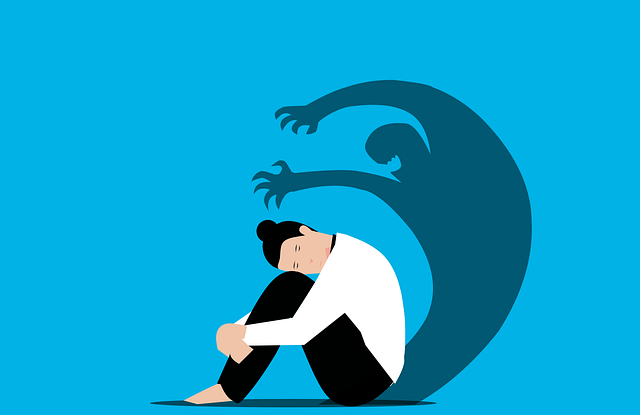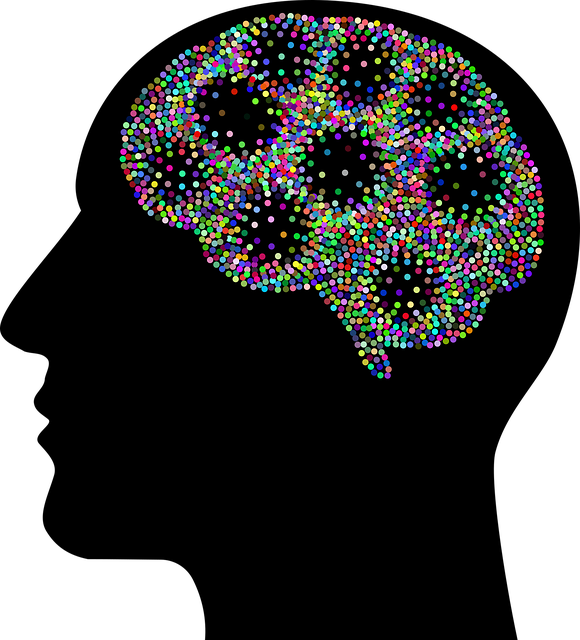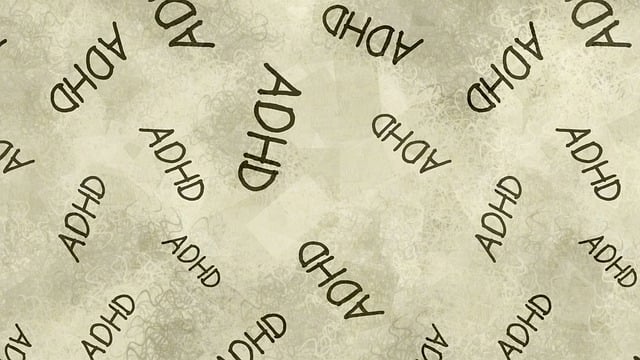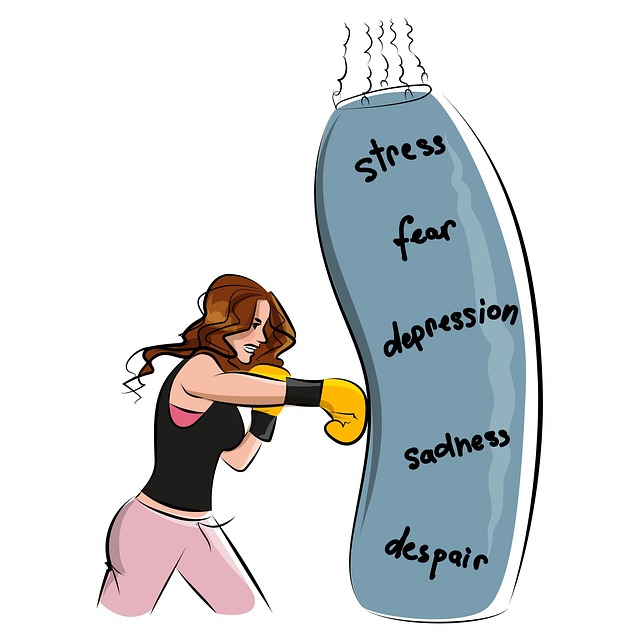Anxiety disorders, notably Lafayette Adjustment Disorder (LAD), negatively affect daily life due to trauma or stressors. LAD treatment involves tailored Lafayette Adjustment Disorder Therapy, using cognitive behavioral techniques to manage stress and emotions by challenging negative thoughts. This, combined with mental health policy advocacy, community education through awareness campaigns, and burnout prevention strategies, significantly improves outcomes for individuals with LAD. Self-care practices like journaling and meditation further enhance well-being, while professional risk assessments ensure personalized therapy interventions.
Anxiety can significantly impact daily life, but managing it effectively is achievable. This article explores powerful techniques to overcome anxiety, focusing on the Lafayette Adjustment Disorder (LAD) and its unique challenges. We delve into therapeutic approaches, including cognitive-behavioral therapy (CBT), mindfulness practices, and exposure therapy, which have proven effective in treating LAD. Additionally, we provide practical strategies for daily anxiety management, offering a comprehensive guide to improved mental well-being.
- Understanding Lafayette Adjustment Disorder and Its Impact
- Therapeutic Approaches for Effective Anxiety Management
- Practical Strategies to Overcome Daily Anxiety
Understanding Lafayette Adjustment Disorder and Its Impact

Anxiety can significantly impact daily life, and understanding specific conditions like Lafayette Adjustment Disorder (LAD) is crucial for effective management. LAD, a mental health disorder often associated with traumatic or stressful events, presents as a persistent feeling of adjustment difficulty following a significant change or stressor. This internal struggle can manifest in various ways, affecting one’s ability to cope and manage emotions.
Therapy plays a pivotal role in treating LAD, offering individuals tools to navigate their anxiety. Through Lafayette Adjustment Disorder therapy, patients can explore the underlying causes, develop coping mechanisms, and learn to regulate their emotional responses. This personalized approach, coupled with cultural sensitivity in mental healthcare practice and advocacy for improved Mental Health Policy Analysis, ensures that treatment is tailored to meet individual needs while considering cultural nuances. By embracing mind over matter principles, individuals with LAD can gain control, fostering resilience and a sense of calm amidst life’s challenges.
Therapeutic Approaches for Effective Anxiety Management

Anxiety management techniques have evolved significantly, offering a range of therapeutic approaches to tackle anxiety disorders effectively. One such notable method is Lafayette Adjustment Disorder Therapy, which focuses on helping individuals adjust and cope with stressful situations and emotions. This therapy encourages clients to identify and change negative thought patterns and behaviors associated with anxiety, promoting healthier ways of managing stress. By combining cognitive-behavioral techniques with personal growth strategies, this approach empowers people to take control of their mental well-being.
In the broader context of mental health support, Public Awareness Campaigns Development plays a crucial role in educating communities about anxiety disorders, fostering understanding, and reducing stigma. Additionally, Burnout Prevention strategies are essential, as chronic anxiety can lead to physical and emotional exhaustion. Mental Health Policy Analysis and Advocacy is another vital aspect, ensuring accessible and effective services through policy changes and community engagement.
Practical Strategies to Overcome Daily Anxiety

Anxiety management is a practical skill that can significantly improve one’s daily life. For individuals dealing with conditions like Lafayette Adjustment Disorder, incorporating certain strategies into their routine can be transformative. One effective approach is to establish a consistent Self-Care Routine Development for Better Mental Health. This involves setting aside dedicated time each day for activities that promote relaxation and stress reduction, such as deep breathing exercises, meditation, or light physical activity. By fostering mental wellness through these practices, individuals can better manage anxious feelings when they arise.
In addition to structured routines, Mental Wellness Journaling Exercise Guidance offers a powerful tool for understanding and overcoming anxiety. Keeping a journal allows one to track triggers, identify patterns, and gain valuable insights into their thoughts and emotions. This process helps in recognizing and challenging negative thought cycles, which are common contributors to anxiety disorders. For those seeking professional support, mental health professionals can conduct a thorough Risk Assessment to tailor interventions effectively, ensuring that tailored strategies address specific needs for optimal results.
Anxiety management is a multifaceted journey, especially for those dealing with Lafayette Adjustment Disorder. By understanding the disorder’s impact and exploring therapeutic approaches like cognitive-behavioral therapy (CBT) and mindfulness practices, individuals can gain powerful tools to overcome daily anxiety. Integrating practical strategies into daily routines enables folks to navigate life’s challenges with resilience. Remember that effective anxiety management is achievable through tailored approaches that address the unique needs of each person. Embrace these techniques and consider Lafayette Adjustment Disorder therapy as a path towards improved mental well-being.














